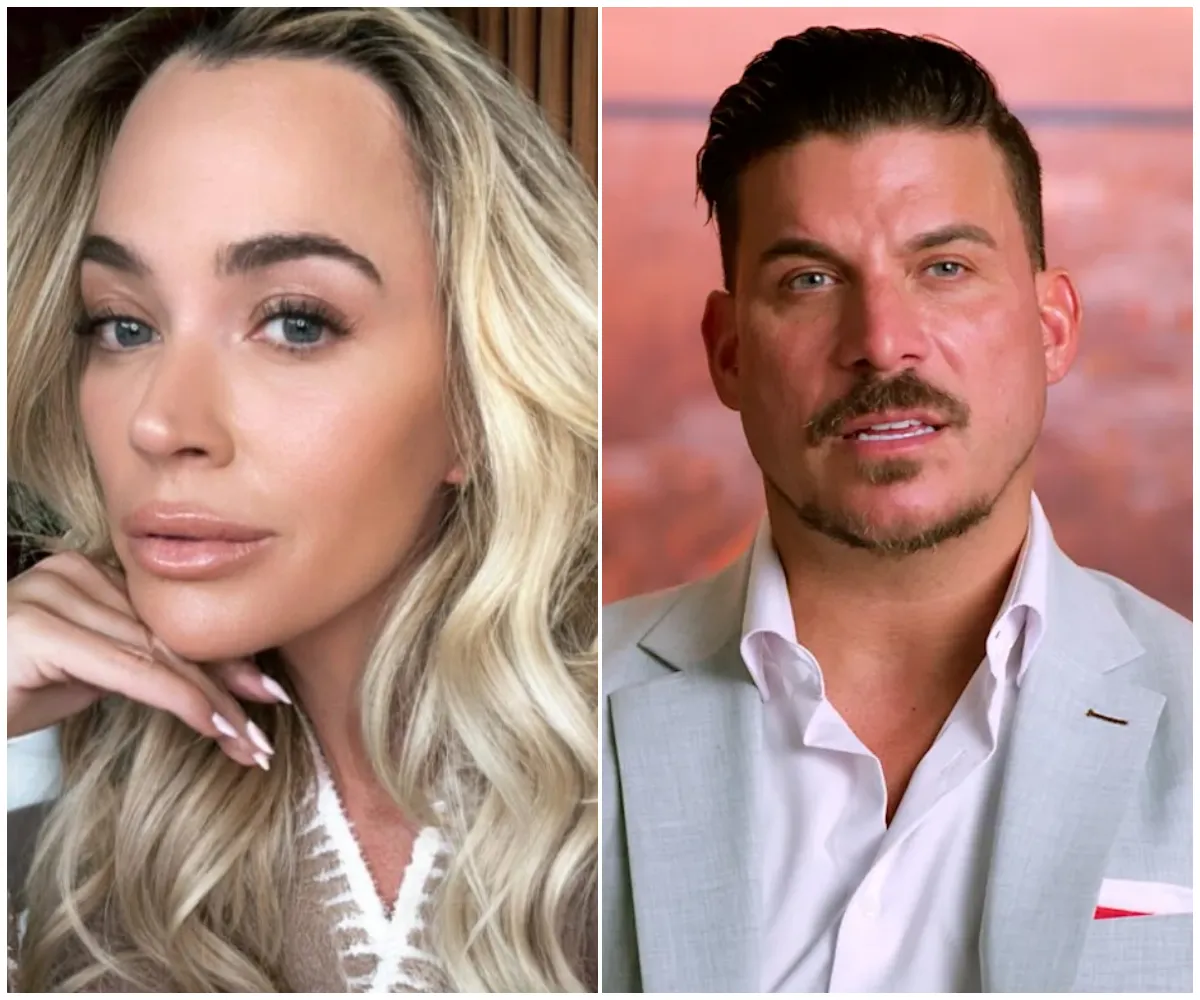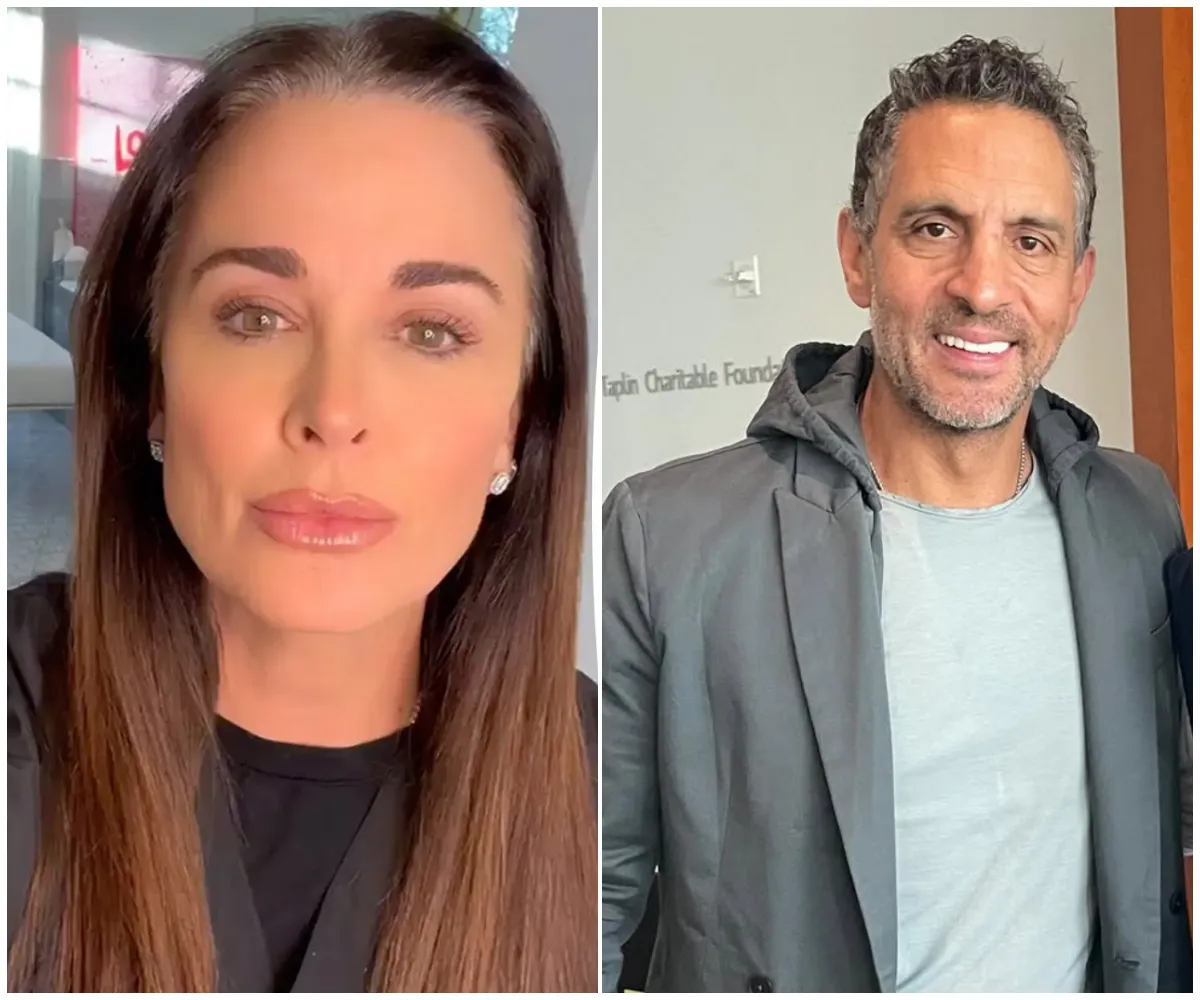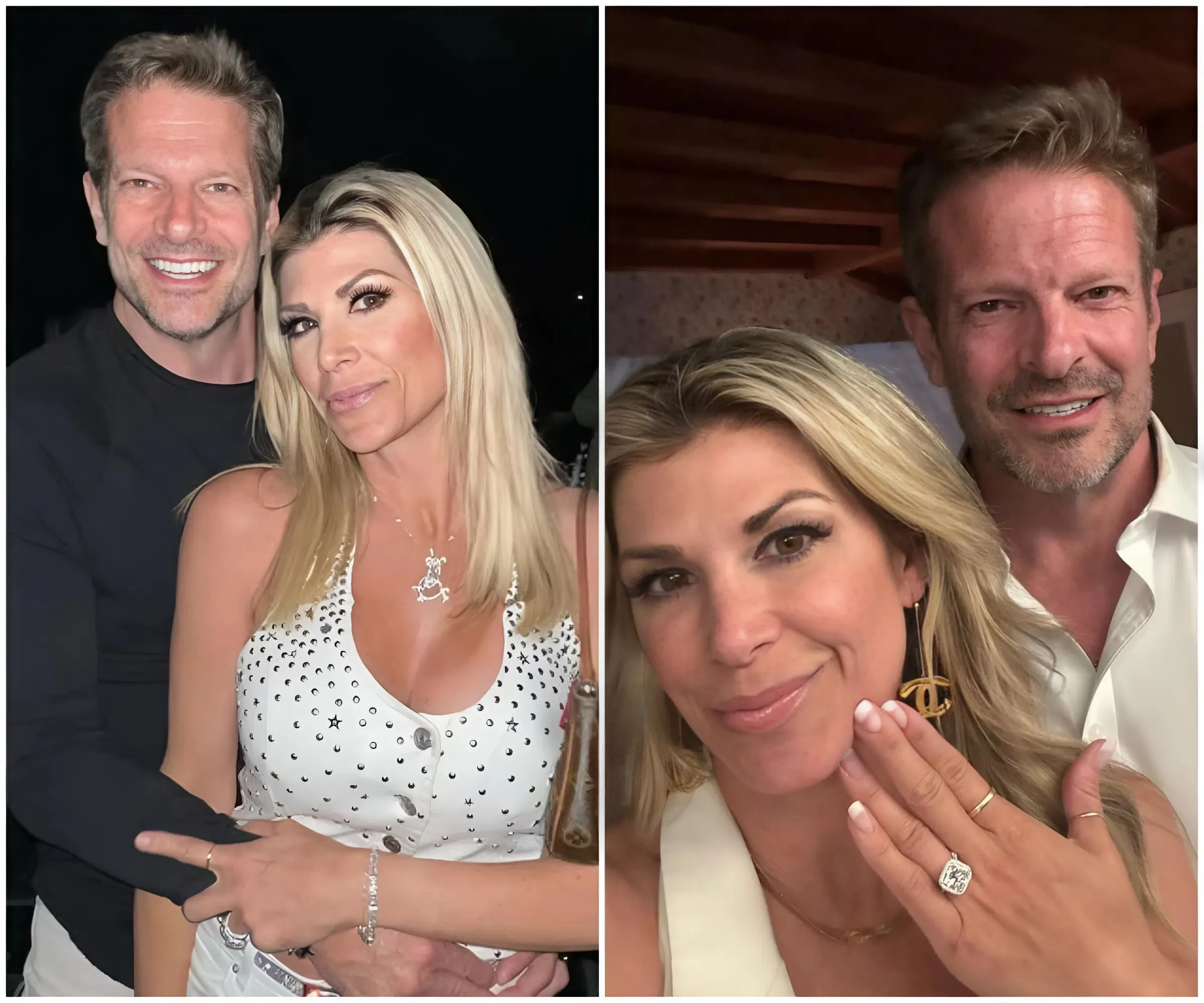:max_bytes(150000):strip_icc():focal(745x323:747x325):format(webp)/scheana-shay-31st-Annual-Race-To-Erase-MS-Gala-2024-eddie-cibrian-60th-Academy-Of-Country-Music-Awards-2025-070225-78dcf1507abe42918f254080554f735b.jpg) Scheana Shay is once again facing scrutiny—this time not for what she did in her 20s, but for how she’s choosing to reframe it nearly two decades later. In an excerpt from her upcoming memoir My Good Side, the Vanderpump Rules alum defends her clandestine relationship with actor Eddie Cibrian by downplaying the seriousness of it, writing: “Eddie wasn’t my boyfriend (at least not exclusively).”
Scheana Shay is once again facing scrutiny—this time not for what she did in her 20s, but for how she’s choosing to reframe it nearly two decades later. In an excerpt from her upcoming memoir My Good Side, the Vanderpump Rules alum defends her clandestine relationship with actor Eddie Cibrian by downplaying the seriousness of it, writing: “Eddie wasn’t my boyfriend (at least not exclusively).”
But while Shay may have hoped the throwaway line would soften public judgment, it’s done the opposite—igniting a fresh wave of backlash from readers who see it as yet another attempt to sidestep responsibility for her involvement with a married man.
“It wasn’t exclusive? That’s not the flex you think it is,” one commenter wrote on X, formerly Twitter. “You weren’t in a situationship. You were in someone else’s marriage.”
Indeed, while Shay emphasizes her youth, lack of social media access, and modest financial means in 2006 as factors that kept her unaware of Cibrian’s marital status, fans aren’t buying the narrative of ignorance—especially when her own memoir reveals she saw Cibrian regularly, spent time on his boat, and believed they were building toward a future.
“She’s trying to paint herself as naïve and heart-led, but you can’t casually dismiss sleeping with someone’s husband as just ‘not exclusive,’” one reader noted. “The man had a wife and children. Whether or not you thought it was serious doesn’t erase the fact that she had a marriage on the line.”
Shay’s memoir does include an admission that she was told about the marriage by someone at work—an admission that critics say undermines her entire defense. “Even after she asked him and he denied it, she kept going back,” one Bravo fan account posted. “That’s not innocence. That’s indifference.”
The backlash highlights a larger issue with how public figures—particularly those who build their platforms on relatability—attempt to rewrite uncomfortable chapters of their pasts. Critics argue that while Scheana has every right to share her story, the tone and framing of her words matter, especially when they appear to recast personal choices in a way that minimizes harm done to others—namely Brandi Glanville, who was raising two sons while Cibrian allegedly maintained multiple extramarital flings.
:max_bytes(150000):strip_icc():focal(446x634:448x636):format(webp)/My-Good-Side-cover-070125-1229d46c609744c0ab846cf99b3d90f0.jpg)
Adding to the controversy is the fact that Shay refers to the relationship as a “weekly booty call,” while also admitting she once imagined a future with Cibrian. The conflicting tones—casual hookup versus emotional investment—have left many readers questioning whether the memoir is meant to be confessional or calculated.
“She’s trying to do image rehab,” said one insider familiar with Bravo’s press circuit. “But instead of just owning the mistake and moving forward, she’s throwing in caveats and contradictions. That’s what’s making people mad.”
Even more pointedly, critics have questioned the book’s title—My Good Side—as ironic. “Is this her ‘good side’? Because if so, what’s on the other side?” asked a viral comment on Instagram, racking up over 3,000 likes.
:max_bytes(150000):strip_icc():focal(616x470:618x472):format(webp)/brandi-glanville-scheana-shay-hyde-sunset-2018-070225-3e53b465715d40e7a9a48c6d50b4a158.jpg)
To her credit, Shay does acknowledge that she was young and lacked the tools to process the dynamic fully. But as many fans have pointed out, being 21 doesn’t make someone incapable of recognizing a boundary—or crossing one.
The affair may have happened in 2006, but the cultural conversation around it has evolved. What once was shrugged off as tabloid fodder is now being reassessed through the lens of accountability, particularly as memoirs become a go-to genre for reality stars looking to reframe their legacies.
And in Scheana’s case, the message is clear: minimizing harm with vague language won’t work when the receipts—emotional, ethical, and public—are still vivid in the minds of those who watched it all unfold. As one commenter summarized bluntly: “You can’t edit morality like you edit a Bravo confessional.”



